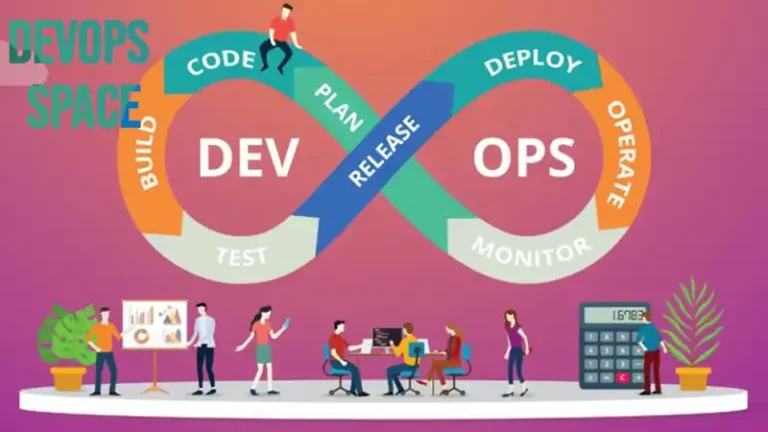Don’t Be That Guy–Social Tips for Geeks
As a tech consultant, one of the most interesting parts of the job is being able to observe human relations at work. I’ve learned through the years that because tech people and non-tech people speak different ‘languages’, bridging the communication gap is a critical part of my role as a consultant.

How Should You Treat as a Geek?
Sometimes the relationship between tech and other business units is less sweet. The typical complaints are that IT guys are always denying requests, aloof, and even downright unhelpful.
On the other side, the geeks feel frustrated that people “just don’t listen”. We remind people to always use strong passwords, and people still make “password” their password. We train end-users and give specific guidance and instructions but they still commit fundamental mistakes. Meanwhile, the managers expect IT staff to perform miracles.
So, who can be blamed when this animosity exists? Geeks for their arrogance? Or end-users for not making an effort to improve their understanding of tech concepts? Perhaps both sides can share the blame. But as tech folks, we can try to make things better by working on our communication skills. Sliding into aloofness will not only make people resentful but suspicious of our motives too. Don’t be that guy!
Tips to Improve Yourselves
If you’ve found yourself slipping up in the people-skills department, here are a few tips that can help you along. Think of understanding and persuading other people as a puzzle equally complex as the biggest engineering challenge. In that light, you can look at it as an ongoing project to improve your communication and charm.
1. Please Speak My Language
Martha Stewart said, “The biggest mistake people make is they expect that others know stuff…”. Amen, Martha. In my experience, a lot of folks fall into this category. Ever been at a meeting where financial folks are waxing on about the business bottom line, margins, and shareholder value?
If talk of capex, opex, and other financial terms confound you, then you know the feeling. So why subject others to this when we talk tech? There’s no reason to, and people will love you for using a language that everyone can understand. Use analogies and stories to emphasize an idea or point so it resonates with your audience.
2. Listen To Me
Everyone wants to be listened to; hopefully, that’s obvious. But sometimes we get stuck on our own ideas and focus more on people hearing us. It may sound counterintuitive, but psychologically speaking, listening more to the other person makes them listen to your ideas more.
Start by giving plenty of time to speak, and try to repeat the other persons’ ideas in your own words. You’ll set the tone for more reasoned dialogue and find your own thoughts heard more too.
3. Be More Positive
Perhaps it is our engineering backgrounds and the discipline that the scientific method ingrains in us. You may think that being critical is a common way to approach a discussion on issues.
However, this may come across as negative and stand-offish depending on how you communicate. What’s more, if your audience doesn’t see things from your perspective, you may find yourself complaining and condemning proposals.
Better to find the positive as a common starting point. Speak about all the things that work well first, before working your way around to points of difference.
4. Speak Slowly
Psychologists have found that people sense more confidence and listen more to people who speak slowly. It may seem counterintuitive, after all, if you speak quicker, you may be able to get that complicated idea out into the world before you are ever interrupted!
What’s more speaking slowly allows you to think about what might come next, anticipating reactions, or even changing direction slightly in mid-stream. It also allows you more time to catch what might be a … or a slip of the tongue.
A Few More Ideas to Chew On…
Smile More
You may not be aware of how often you’re smiling or not. What’s more, you may think it insincere to try to smile. But a frown or other negative face can criticize your audience as much as actual words can. And it can set people off on the wrong foot, so they won’t listen to you either. Better to stay positive, and convey that with a smile.
Remember & Use People’s Names
People love to hear their own names. Remembering and using someone’s name improves the chances that they will listen to you and your ideas.
Repeat What Others Say In Your Own Words
This one is really crucial. By repeating someone’s ideas in your own words you do a few things all at once. First, you improve communication, as it is so often the case that we misunderstand someone else’s ideas, repeating them in your own words allows them to hear how you’ve digested their point, and allows them to comment or adjust if you missed something.
It also shows them you are really listening. If you’re going to critique someone, and they feel you didn’t really get their idea, they’ll be very unlikely to listen.
Try Not To Say “You’re Wrong”
Even in the cases where the other person is completely wrong, this statement may not have the intended effect. It may simply cause them to wall off and not listen to you. Better to point out the sides of what they are saying that you can agree with first, then come around to some differences.
Read Dale Carnegie
The classic book “How to Win Friends & Influence People” should really be required reading for the geek set. Being personable and charming may not be natural to all of us, but a lot of it can be learned with practice. Dale Carnegie has written a sort of bible on the topic, and it’s definitely worth a read.
Conclusion
So, that’s how you can improve your communication and charm. Hopefully, now you’ve understood how and why geeks react like that and how should they improve their reaction by controlling their minds after reading this. Thanks for reading!





